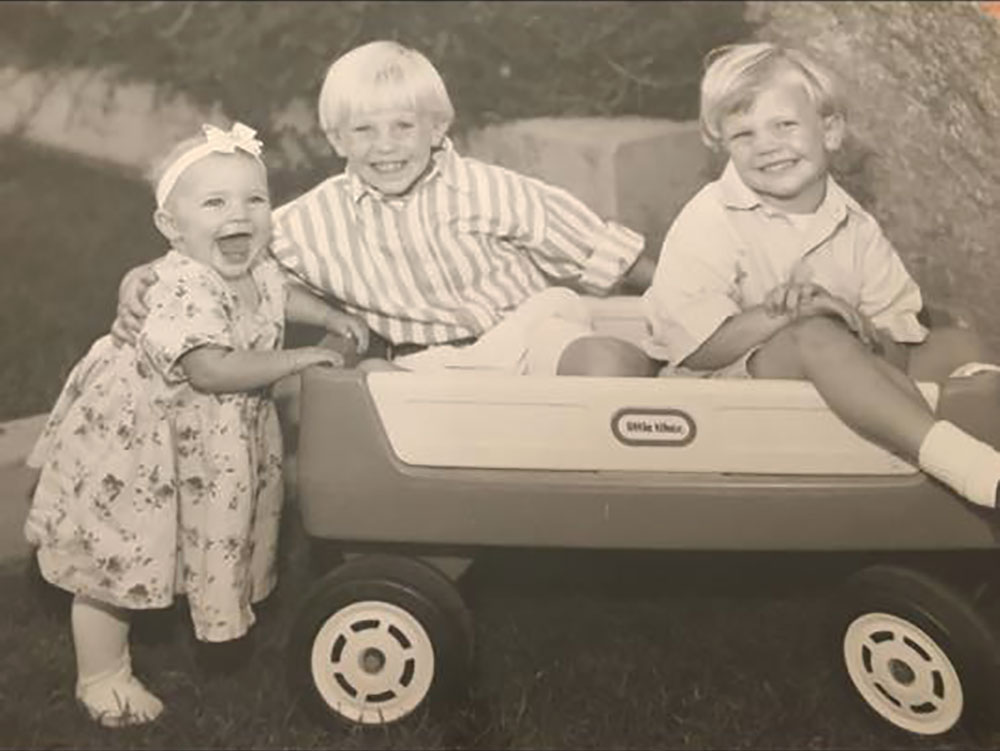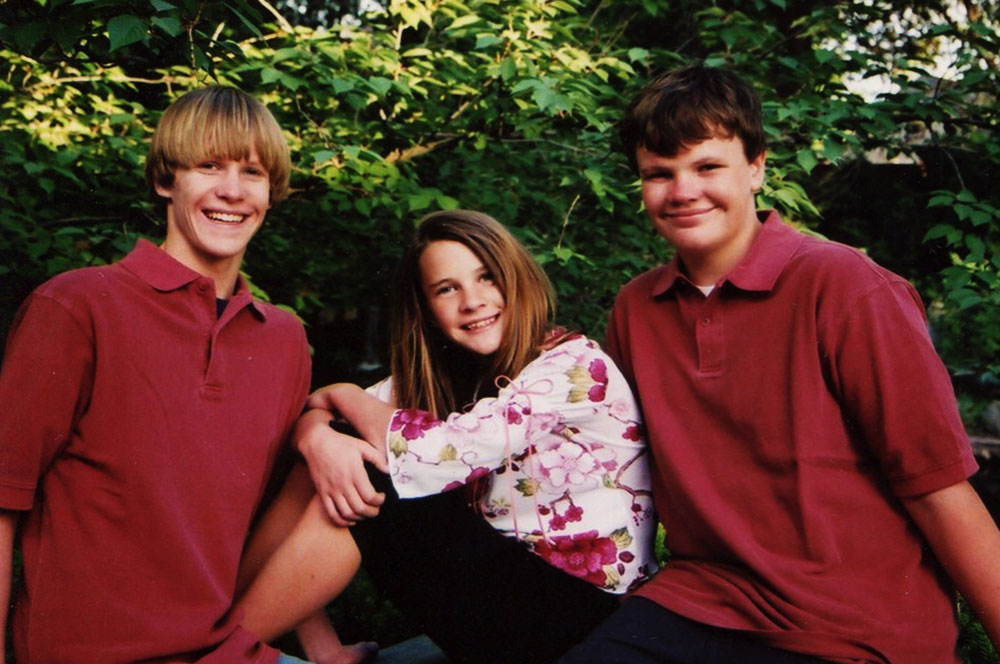the frequent lies, theft, and overall negative behaviors and/or attitudes — a combination that’s translated into anxiety for many siblings of addicts.
Last June, the Journal of Loss and Trauma published a study called ‘the Forgotten Ones: Siblings of Substance Abusers,’ in which researchers from Idaho and Texas analyzed a group of 312 college students and found that the participants who reported having substance-abusing siblings (SAS) experienced more lack of social support, as well as a sense of loss and frustration in comparison to participants without SAS. The study also found that siblings of the same gender, who are closer in age have more power to influence one another’s decisions regarding substance use, and that women who have SAS are impacted more negatively than men, thus should be targeted specifically by treatment providers.
Tailored support
“It is incredibly important to have sibling support,” said Denise Cullen, a clinical social worker and the founder of GRASP (Grief Recovery After a Substance Passing). “There is a growing need for it, and we can often see that on our Facebook page where a support system is naturally created for siblings of addicts.”
Treatment specifically tailored for siblings of addicts is essential not just because sibling relationships tend to be close and enduring, but because of the emotional damage they go through.
“Having a child addicted to drugs or losing one to addiction is the hardest thing,” said Cullen, whose 27-year-old son Jeff died of a drug overdose in 2008. “But a sibling loses a lot. Sometimes siblings suffer the most.”
Feeling second best
Worries surrounding the well-being of the addict normally take center stage in a family, and the needs of the siblings of the person battling addiction often aren’t prioritized.

McCall recalled always trying to be the best child she could, in order to make up for the stress her brother put her family through. However, whether or not she thrived, other family members were too caught up in the vacuum of her brother’s addiction to notice McCall’s struggles and triumphs.
“I was the head cheerleader at my high school,” McCall said. “I was on the dance team and got great grades. Yet a lot of times things were focused only on Tyler, on what would be best for Tyler. I wanted at least my safety to be a priority.”
Seven researchers — who were also sisters of substance abusers — from the Department of Psychology at Texas Tech University, pointed out in a study that “whereas persons who abuse substances and parents of substance abusers have been studied at some length, often ignored are the siblings of substance abusers,” which highlights that the needs of an addict’s sibling don’t just take second place but normally fall behind the needs of all other family members.
“Every family dynamic is different,” Cullen said. “But siblings always get devastated by addiction, even if they feel anger.”
Creating a schism
Anger often pushes siblings of addicts to decide that the best way to have a better, anxiety-free life is to voluntarily cut off the relationship. Other times, distance comes naturally.
“Once my brother became dependent on drugs, it was harder to get his silly side to come out,” Jones said. “I have small children, so I just focused solely on them at that point. I didn’t ignore him. I could never, but distance grew between us.”
Most participants in the South African study said… (continue reading)
















